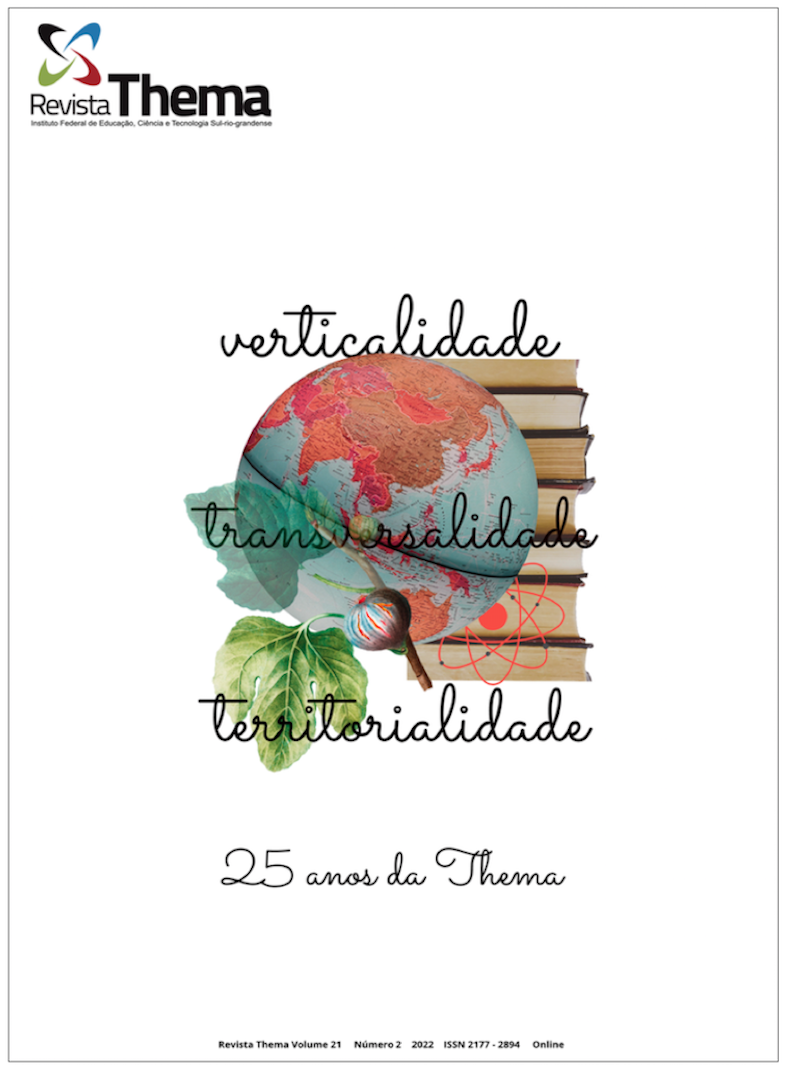Discussing fake news about chemistry during the COVID-19 pandemic: how have they influenced students?
como elas têm influenciado os alunos?
DOI:
https://doi.org/10.15536/thema.V21.2022.387-401.2176Abstract
In the midst of the new coronavirus pandemic, many false news have circulated on social networks and have reached a large part of the population. Most of those affected by the famous fake news are students from public schools in the state of Rio de Janeiro. It is the teacher's role to discuss and clarify them in the classroom in person or remotely so that they do not propagate further and collaborate in the formation of citizens with a critical sense, without a distorted view of the facts. This work produced an electronic form with twelve questions about the contents of chemistry, science and current events involving the COVID-19 pandemic to assess how fake news influences students' thinking. It was applied to 207 high school students from three state schools in Rio de Janeiro. The analysis of the results showed the need for this type of discussion in the classroom, as subjects that are widely debated still cause confusion, such as the pH scale and the use of drugs such as hydroxychloroquine. A good notion of the students was observed as to how to protect against the virus and to “miraculous” methods of cure or prevention. The work reinforced the idea of how important the discussion on fake news is during the pandemic, through the digital platforms that teachers and students have access to, but also after the end of social isolation, based on didactic measures in the school environment.
Downloads
Downloads
Published
How to Cite
Issue
Section
License
O autor responsável pela submissão representa todos os autores do trabalho e, ao enviar o artigo para a revista, está garantindo que tem a permissão de todos para fazê-lo. Da mesma forma, assegura que o artigo não viola direitos autorais e que não há plágio no trabalho. A revista não se responsabiliza pelas opiniões emitidas.
A Revista Thema é de acesso aberto (Open Access), sem que haja a necessidade de pagamentos de taxas, seja para submissão ou processamento dos artigos. A revista adota a definição da Budapest Open Access Initiative (BOAI), ou seja, os usuários possuem o direito de ler, baixar, copiar, distribuir, imprimir, buscar e fazer links diretos para os textos completos dos artigos nela publicados.
Todos os artigos são publicados com a licença Creative Commons Atribuição-NãoComercial 4.0 Internacional. Os autores mantém os direitos autorais sobre suas produções, devendo ser contatados diretamente se houver interesse em uso comercial dos trabalhos.





